Welcome
If, in 20 years time, someone should ask me ‘tell me a little something about the year 2019?’, I would struggle to come up with an answer. ‘Tell me something about the year 2020?’, however, would have me talking forever.
2020 will undeniably go down as a black page in the history book of humankind. Sticking to the Fairfood spheres, we saw how the people behind our food went from already being vulnerable to being completely dependent on decision makers further down the value chain. One Dutch retailer went as far as to introduce a ‘corona penalty’, which has producers pay a fine if, due to COVID-19 measures, they aren’t able to deliver agreed quantities on time.
Big fashion retailers – with long, opaque and international value chains comparable to the ones that deliver us our food – lived up to their bad reputation when they let the big blow fall on production factories at the very beginning of the chain. Not taking any responsibility, they cancelled orders that were long taken into production, leaving factories with costs that were already made and worthless clothes. You can only guess what that will have meant for the people behind the assembly lines. But I do believe that optimism deserves its place in the year 2020. Because as we collectively hit rock bottom, I also recognise how the world is gaining momentum to build back better. The awareness for the need of sustainable business practices is ever-growing, with consumers, citizens, governments and, finally, the private sector chipping in. In our network, we noticed how challenging times didn’t stop our partners in the private sector from wanting to make a change. For one, we saw specialty coffee importer Trabocca enthusiastically kick-off a transparency and traceability project using our platform Trace. They actually sold a batch of coffee that proudly told its background story for a higher price, with the extra profit ending up directly in the farmer’s pockets. A follow-up project in collaboration with Simon Lévelt, that grows the number of participating farmer to 500, is about to kick off.
Governments, all the while, are setting a backdrop that should make it easier for frontrunner companies to work on their sustainability ambitions without losing a competitive edge. All the while forcing companies who are falling behind to finally take responsibility. At the time Dutch Minister for Foreign Trade and Development Cooperation of the Netherlands, Sigrid Kaag, and Gerd Müller, the Federal Minister for Economic Cooperation and Development of Germany signed a joint declaration in January 2021, on the importance of living wages and incomes.
More promising even, is the legislative initiative report – approved by 504 votes in favour, 79 against and 112 abstention – that calls for the urgent adoption of a binding EU law that ensures companies are held accountable and liable when they harm, or contribute to harming, human rights, the environment and good governance. It goes as far as to guarantee that victims can access legal remedies. “For consumers, it’s ensuring fair products. For workers, it’s enhancing protection. For victims, it’s improving access to justice. And for the environment, it’s taking a step that is very long overdue”, Dutch Lara Wolters said, who was in the lead for the parliament report.
As we join forces, we can actually make a change.
Which is the more reason I’m overly excited about RECLAIM Sustainability!, a joint programme of Fairfood, Solidaridad, Trust Africa and Business Watch Indonesia, that we just kicked off in strategic partnership with the Dutch Ministry of Foreign Affairs. This programme taps into the aforementioned momentum using smart innovations, heralding an era of truly inclusive supply chains, in which farmers and workers have reclaimed their rightful voice.
There is one final reason I want to end this year’s foreword on a celebratory note. 2020 was after all the year in which Fairfood turned 20. A time for reflection, and for reinforcing our mission. Although we can only dream of a world that no longer needs Fairfood, the year 2020 had us especially dedicated to our long-standing mission: to fix the food system for good.
Sander de Jong – managing director
Inhoudsopgave
Long reading text
Fairfood actively works on safeguarding and improving the integrity and equality within our company. We therefore wrote a Code of Conduct on Integrity. To this end, we appointed an integrity officer and internal and external confidants. Together, we want to ensure that the integrity of Fairfood is guaranteed, especially when we continue to grow in the years to come. Fairfood is a member of Partos, the trade association for development cooperation.

Code of conduct
A company code of conduct is a set of rules which is commonly written for employees, which protects the bussines and informs the employees of the company’s expectations. It is appropriate for even the smallest of companies to create a document containing import information on expectation for employees. The document doesn’t not need to be complex or have elaborate policies.
The project involves two Ethiopian suppliers who buy from 628 coffee farmers. These suppliers represent 9% of Trabocca’s annual purchasevalue. This project is thus addresing a signifcant part of Trabocca’s supplychain value and wil make a serious impact on the ground.
The group of farmers that partook in
our first project consisted of
small-scale producers in Guji, Ethiopia
Long reading text
Fairfood actively works on safeguarding and improving the integrity and equality within our company. We therefore wrote a Code of Conduct on Integrity. To this end, we appointed an integrity officer and internal and external confidants. Together, we want to ensure that the integrity of Fairfood is guaranteed, especially when we continue to grow in the years to come. Fairfood is a member of Partos, the trade association for development cooperation.

222 new farmers
will be onboarded to Trace
in a follow-up project
We continue to ask ourselves questions like: are we doing justice to the people and organisations we work with? But also, regarding our own organisation: when is something unjust? And what do we do when we encounter such injustices, say abuse of power, financial violations and discrimination? Of course, it all starts with prevention, but in the case of inappropriate behaviour, we report, carefully examine, sanction if needed and take measures to care for the affected.
Our Code of Conduct on Integrity applies to anyone who works for Fairfood, as an employee, trainee, volunteer, hired consultant or agency worker, or member of the Supervisory Board or Advisory Board.
more farmers will be onboarded to Trace in a follow-up project
Long reading text
Fairfood actively works on safeguarding and improving the integrity and equality within our company. We therefore wrote a Code of Conduct on Integrity. To this end, we appointed an integrity officer and internal and external confidants. Together, we want to ensure that the integrity of Fairfood is guaranteed, especially when we continue to grow in the years to come. Fairfood is a member of Partos, the trade association for development cooperation.
new farmers
will be onboarded to Trace
in a follow-up project
We continue to ask ourselves questions like: are we doing justice to the people and organisations we work with? But also, regarding our own organisation: when is something unjust? And what do we do when we encounter such injustices, say abuse of power, financial violations and discrimination? Of course, it all starts with prevention, but in the case of inappropriate behaviour, we report, carefully examine, sanction if needed and take measures to care for the affected.
Our Code of Conduct on Integrity applies to anyone who works for Fairfood, as an employee, trainee, volunteer, hired consultant or agency worker, or member of the Supervisory Board or Advisory Board.
A total of 500 farmers that work
with Verstegen have been
Onboarded to the Trace platform
purchase value
karma points
coffee farmers
The project involves two Ethiopians uppliers who buy from 628 coffee farmers. These suppliers represent 9% of Trabocca’s annual purchasevalue. This project is thus addresing a signifcant part of Trabocca’s supplychain value and wil make a serious impact on the ground.
new farmers
will be onboarded to Trace
in a follow-up project
new farmers
will be onboarded to Trace
in a follow-up project
Het team
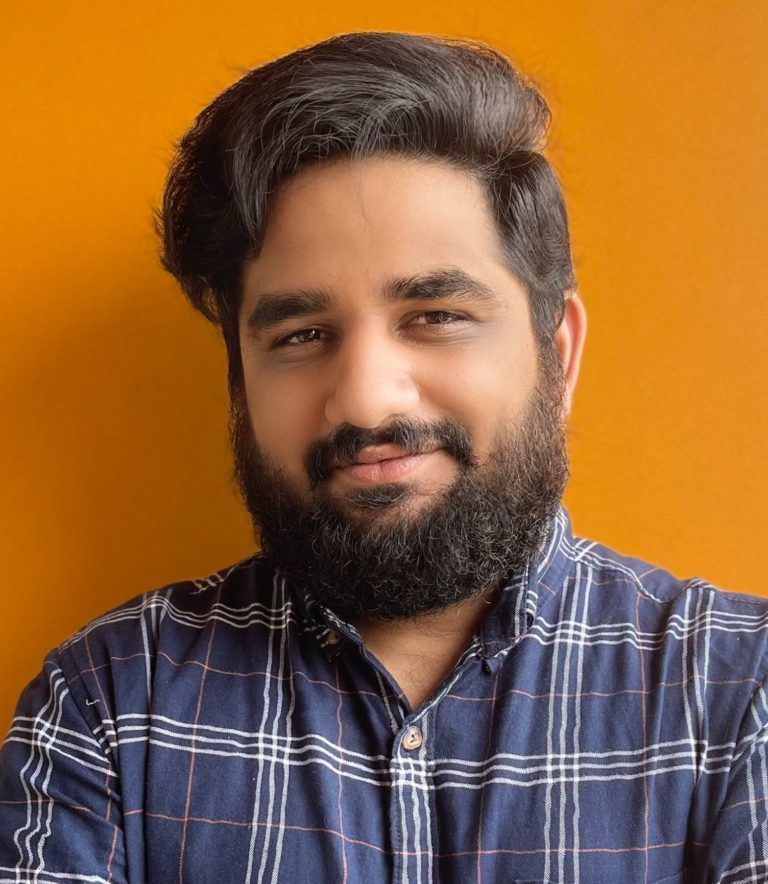
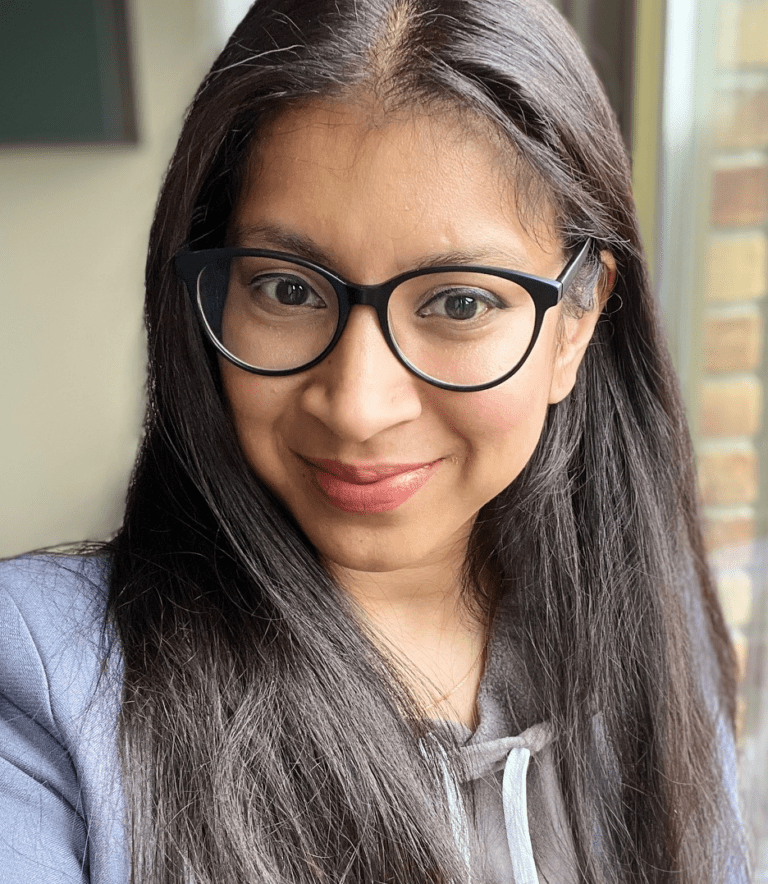
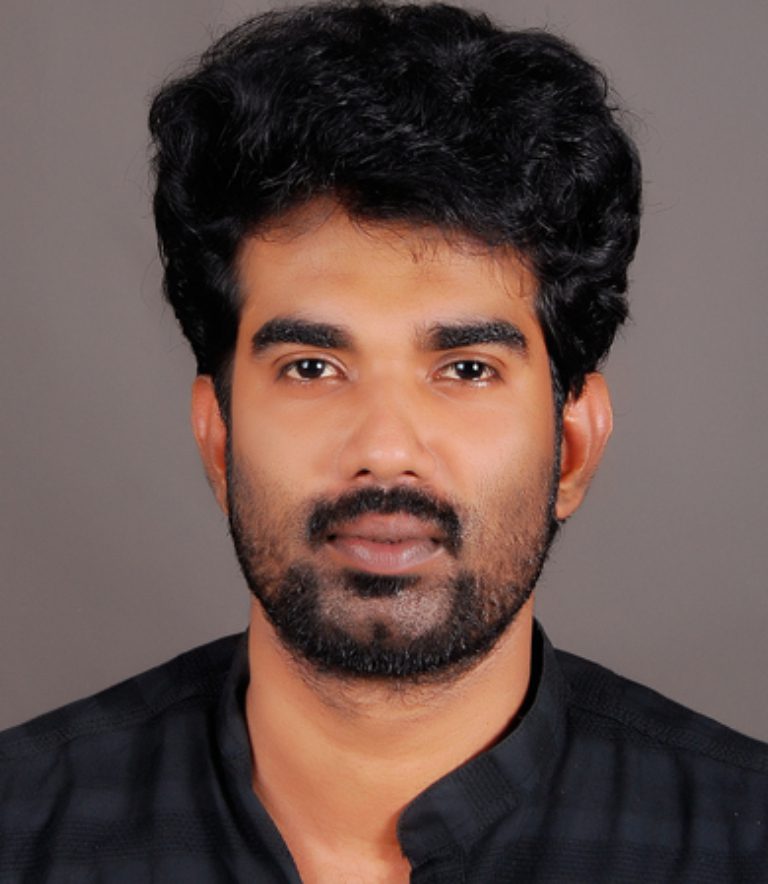
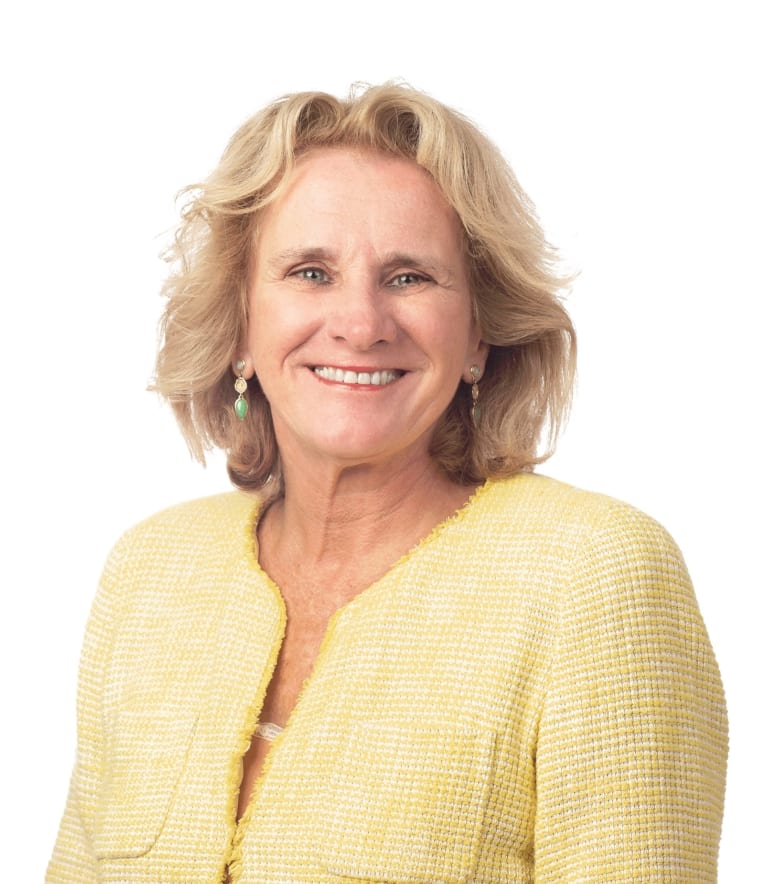
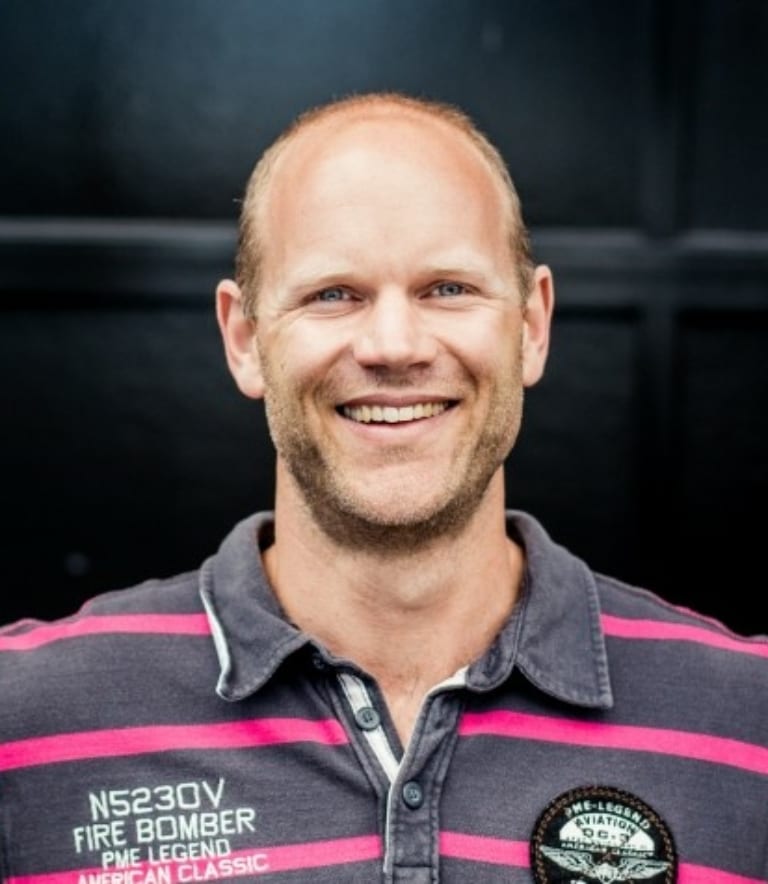
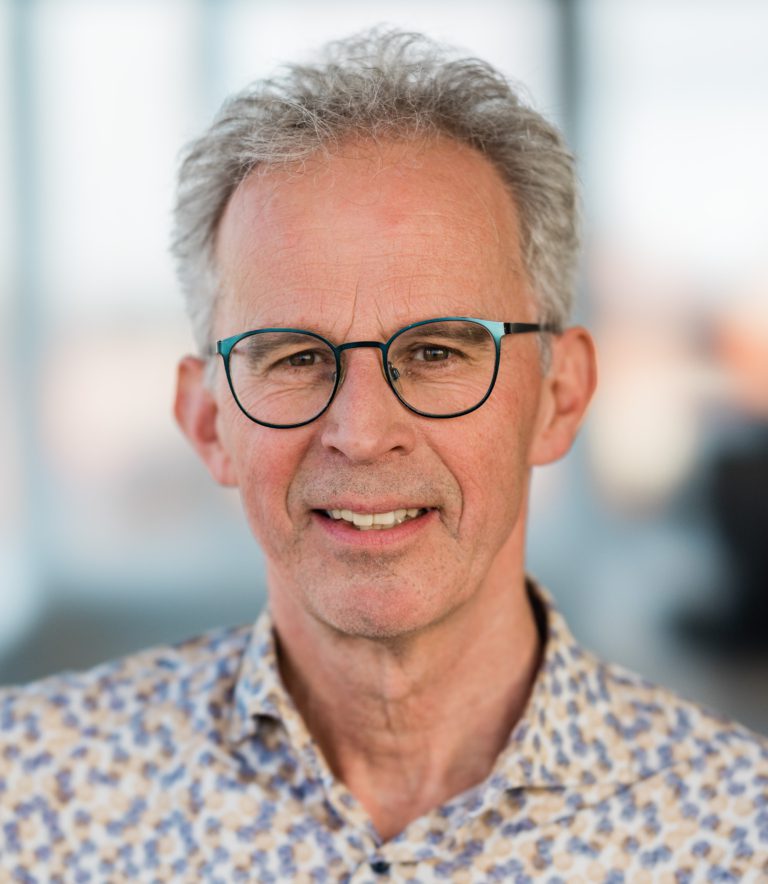
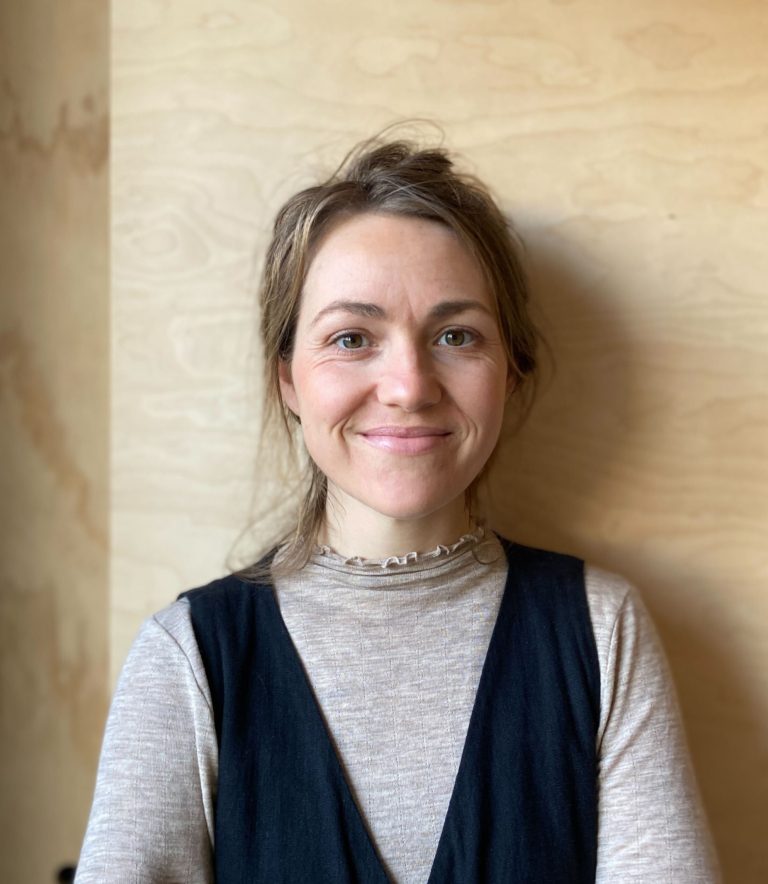
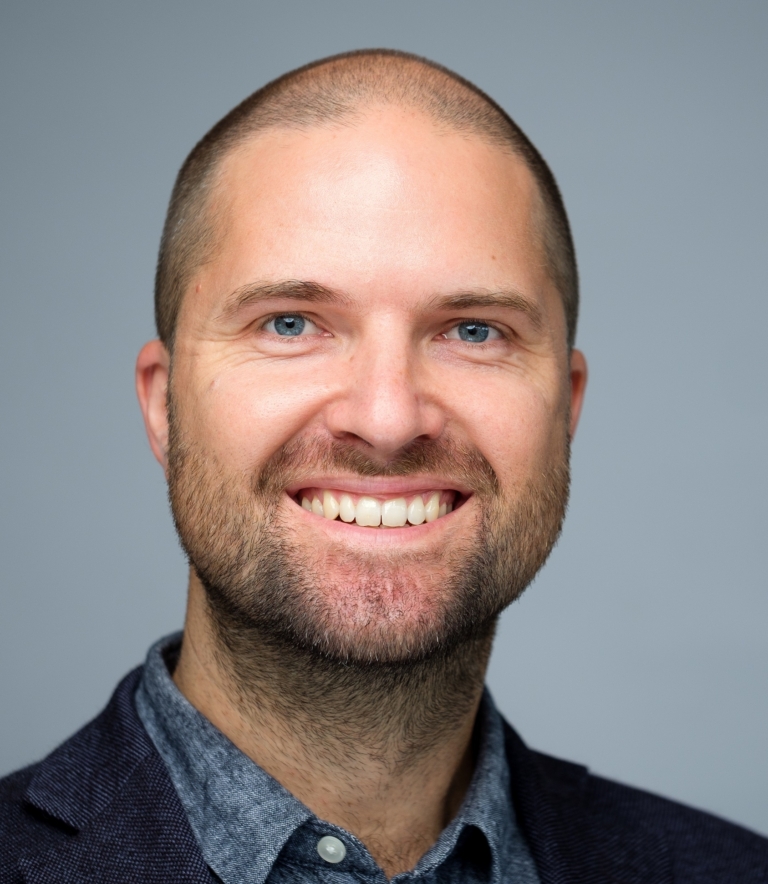
John kent de ketens achter ons eten door en door, en zet innovatie in om verbindingen te bouwen waar die nodig zijn.

We zijn nogal trots op onze transparantietool Trace, en daarmee ook op producteigenaar Derek.
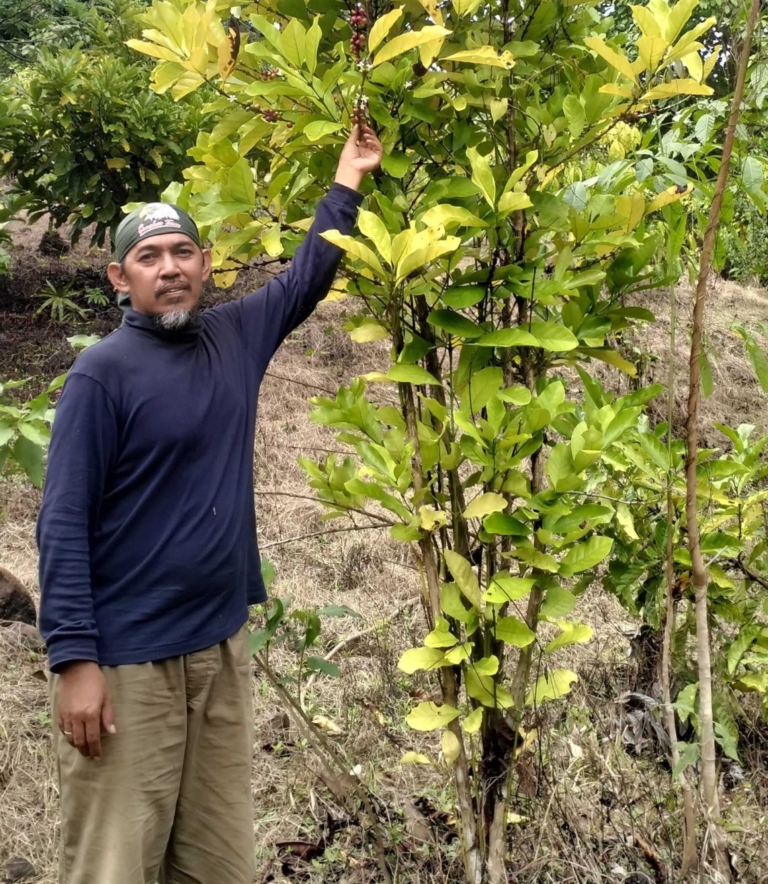
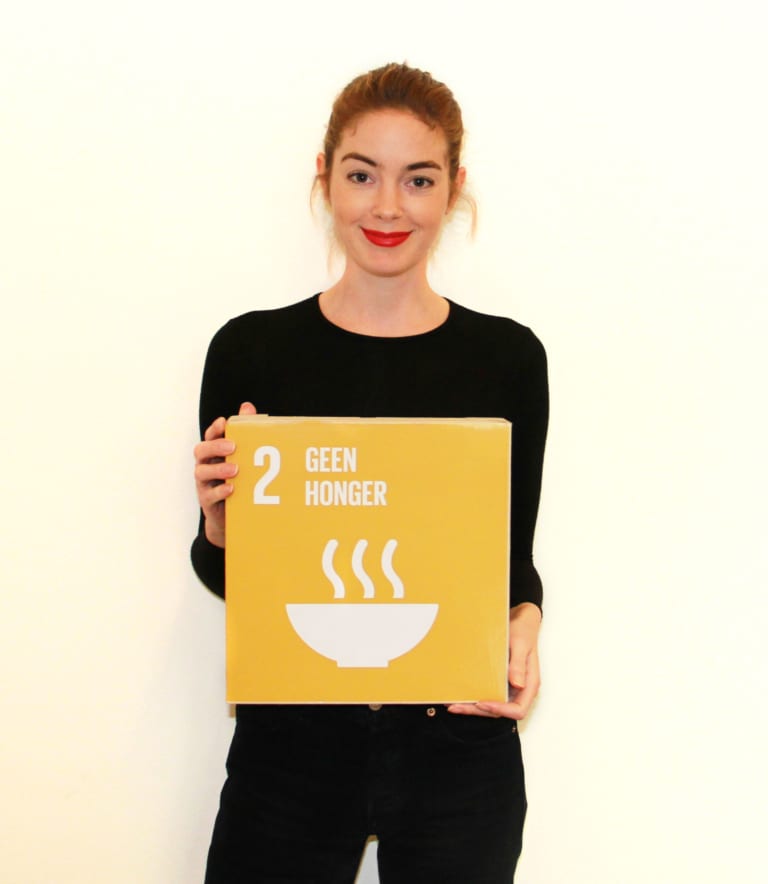
Ze noemen Channa ook wel het geweten van Fairfood. Vertelt in die hoedanigheid het eerlijke, transparante verhaal van Fairfood.




